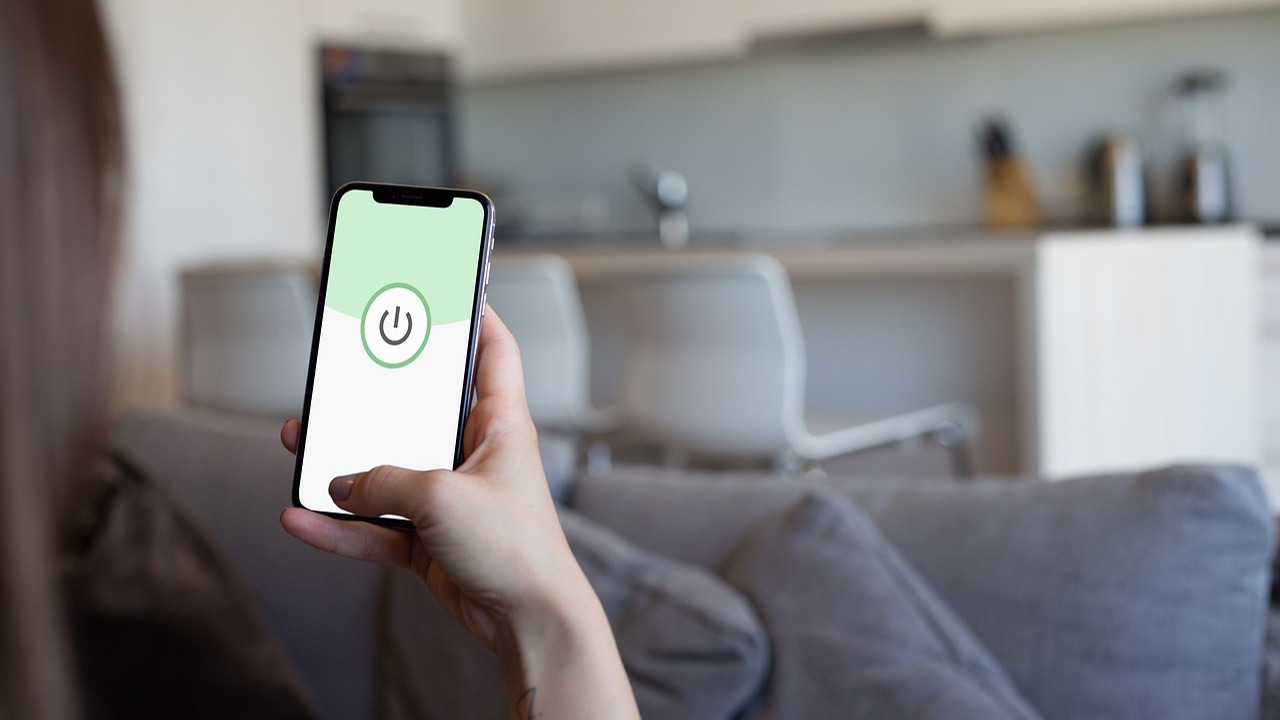There is practically nothing without a cell phone in everyday life — even the youngest can see that. But they don't learn how to use phones properly on their own. So the task of parents is to teach their child how to use a smartphone properly.
Even young children are often not shy about making phone calls. However, while this is all a matter of course, it is advisable to practice a few rules of conduct, especially as more and more children have their smartphones already in elementary school.
The boundaries of smartphone use
The more children are allowed to use cell phones and telephones, the more critical it is to have clear rules. That mom's work cell phone is taboo for them or that they only answer if the caller's name is recognizable. And to hang up when a stranger is on the line.
Understanding the risks is important because children often already hold their smartphones during junior high school. According to a 2019 survey by the industry association Bitkom, one-third of children between the ages of eight and nine have their own devices. Among children between the ages of ten and eleven, that proportion is 75 percent.
It's no longer just calls: people play games, chat, and stream. Accessibility is not always a good thing. The first introduction to the device should come with some explanations and limitations on its use. A child does not need to know that access to some functions is restricted. Parents can set the parental control function. Elementary school children will not be able to remove protection. With older children, such a restriction is only sometimes effective.
Using the phone as a child:
- It must be safe. Installing parental controls is an excellent way to protect your child from unnecessary functions.
- Installing a beacon. This program allows you to locate your child when he is at school or on a walk.
- Setting the rules for using the gadget. The child should refrain from picking up the phone at unknown numbers. If there is such a call, it is necessary to inform the parents.
A child's safety depends solely on the parents. The rules for use should be clear and concise. If there is trust between child and parent, using a smartphone should be no problem.
Communicating with your child is the best way to protect
Especially with messaging apps, you have to be careful who your child contacts. The danger can come from strangers who want to contact your child through messaging services such as WhatsApp.
To prevent direct contact via voicemail or video chat, parents should first limit the app's access to the camera and microphone. In addition, children should never have their own profile that identifies them as children.
As a parent, it is best to use the same messaging apps as your child. It is even easier to install messengers explicitly designed for children, which require the first approval of contacts.
Sometimes parents have one more problem - missing calls. Kids don't pay attention to parents or others' calls. It is really nervous for parents.
Teaching your child to use the phone should be in the form of a game. The best way is to talk daily and tell them why they should not answer or receive messages from unknown numbers. Trust between parents and children is essential! By communicating daily and asking how your child is doing, you can protect him or her from unwanted contact.
When to Buy a Phone for Your Child
For some parents, the first cell phone for children is also a safety issue. If a child has to go to school unaccompanied and uses (often unreliable) public transportation, a smartphone can be handy for calling mom or dad in an emergency. And it's reassuring to know that the child is available. By the way, some special models only allow phone calls and text messages.
Therefore, it is difficult to say exactly what age is appropriate to buy a smartphone. You can buy your first gadget at the age of 7 only if the child uses the device to communicate with their parents.
First, parents should be good role models and show their children how to use smartphones properly. If you spend hours on your cell phone, you should not be surprised or complain if your children do the same. Anyone who prefers to text on WhatsApp at the dinner table rather than communicate with other family members is raising their children that way.
Parents should pay attention to whether their child's behavior changes consistently (for the worse) when they own a smartphone. However, it is also essential to consider other causes of behavioral change. The key to success here is open and trusting discussions. In addition, measures to control costs and usage, such as prepaid plans, are recommended up to a certain age. With these things in place, a good foundation can be established for a child's first cell phone.
A phone is not just a gadget. It is a device that is necessary for communication. But a smartphone should not become a part of a child's life. The task of parents is to explain that a smartphone is a means of communication. And only parents and acquaintances can answer the phone. It is forbidden to pick up the phone and call back unspecified numbers because it can be unsafe.



